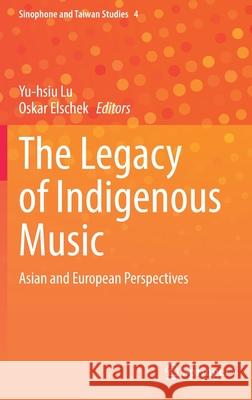The Legacy of Indigenous Music: Asian and European Perspectives » książka
topmenu
The Legacy of Indigenous Music: Asian and European Perspectives
ISBN-13: 9789811644726 / Angielski / Twarda / 2021 / 274 str.
The Legacy of Indigenous Music: Asian and European Perspectives
ISBN-13: 9789811644726 / Angielski / Twarda / 2021 / 274 str.
cena 564,88 zł
(netto: 537,98 VAT: 5%)
Najniższa cena z 30 dni: 539,74 zł
(netto: 537,98 VAT: 5%)
Najniższa cena z 30 dni: 539,74 zł
Termin realizacji zamówienia:
ok. 22 dni roboczych
Bez gwarancji dostawy przed świętami
ok. 22 dni roboczych
Bez gwarancji dostawy przed świętami
Darmowa dostawa!
Kategorie:
Kategorie BISAC:
Wydawca:
Springer
Seria wydawnicza:
Język:
Angielski
ISBN-13:
9789811644726
Rok wydania:
2021
Wydanie:
2021
Numer serii:
001087167
Ilość stron:
274
Waga:
0.53 kg
Wymiary:
23.39 x 15.6 x 1.6
Oprawa:
Twarda
Wolumenów:
01
Dodatkowe informacje:
Wydanie ilustrowane











